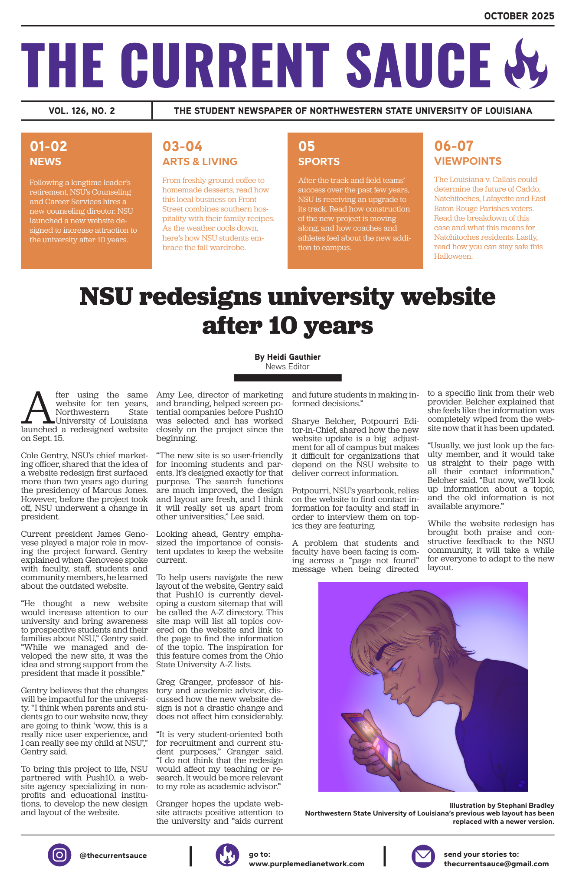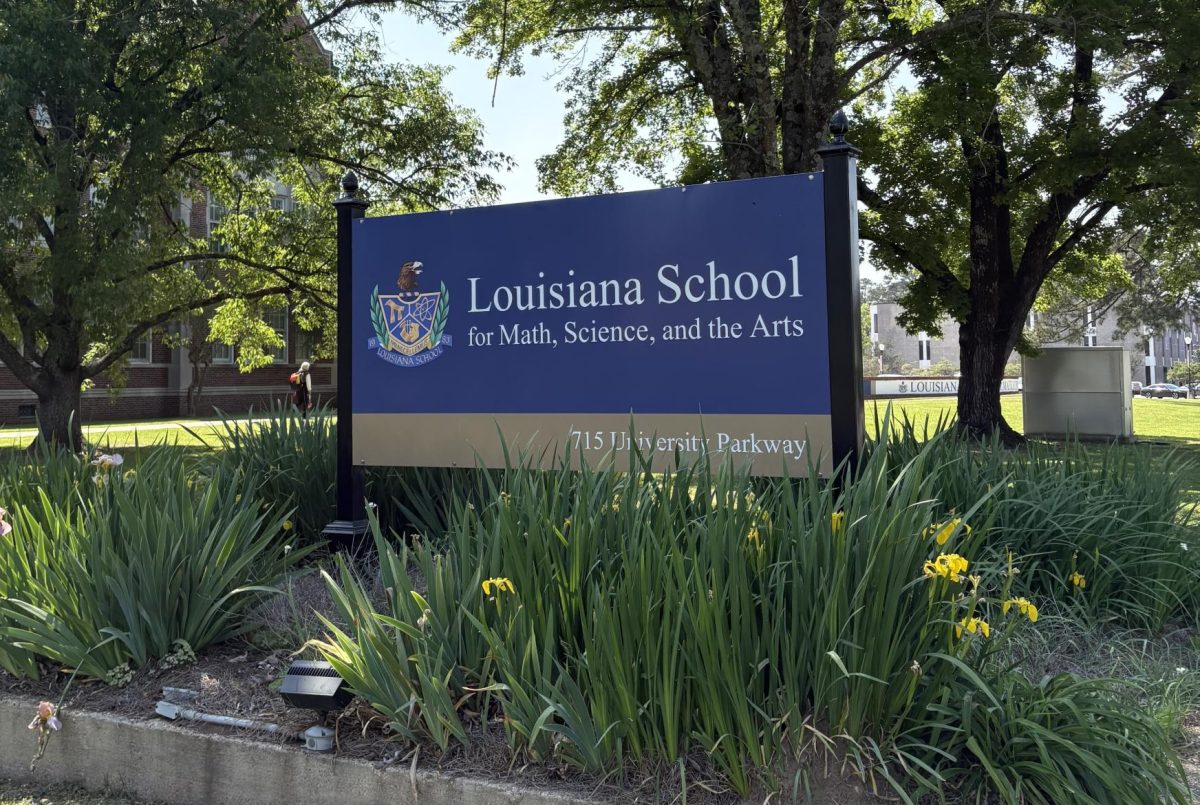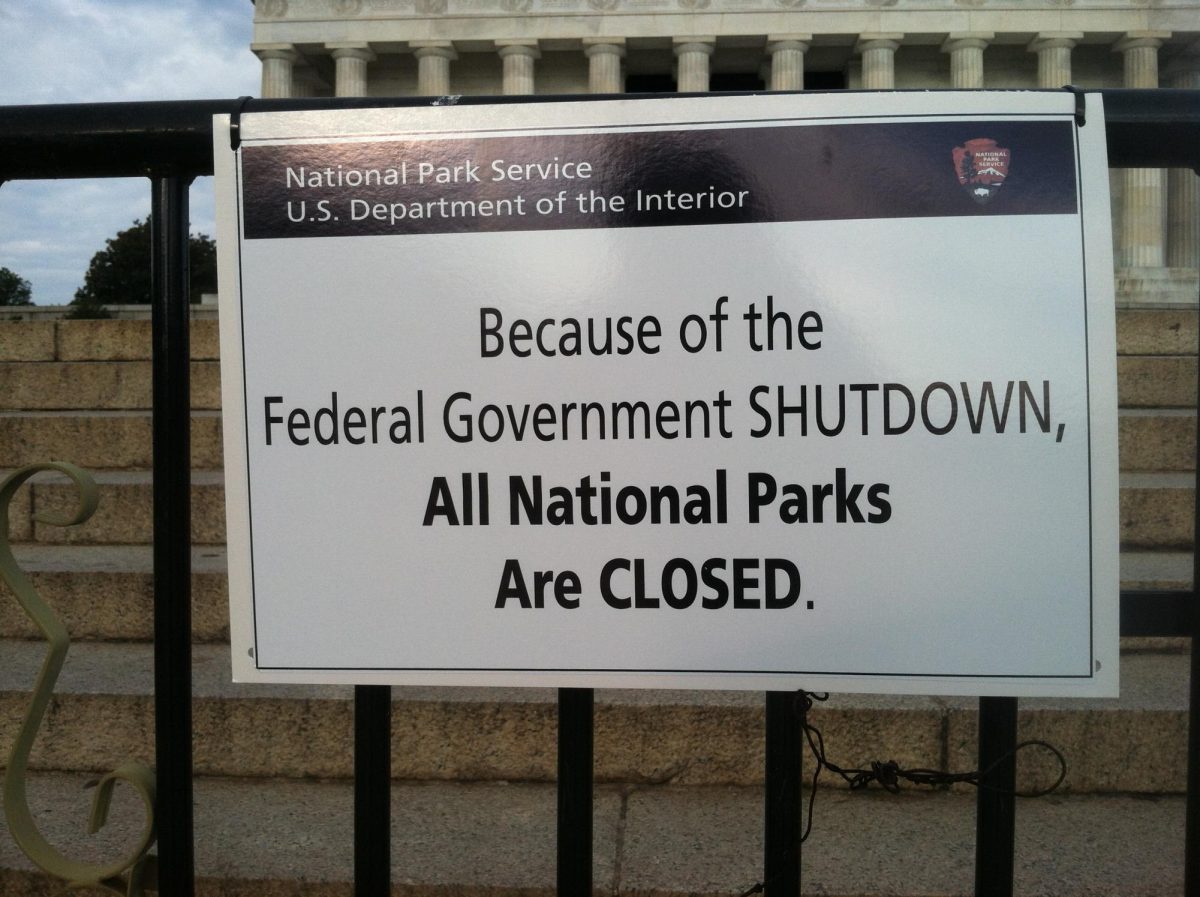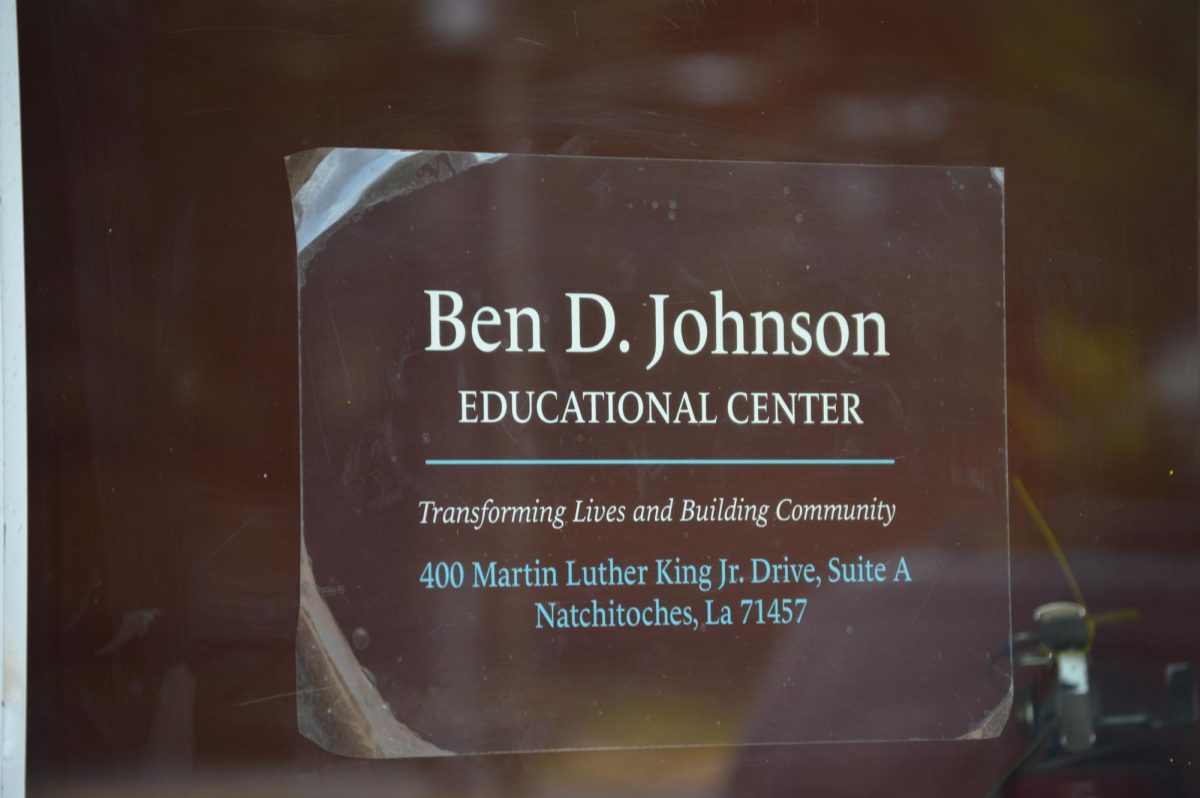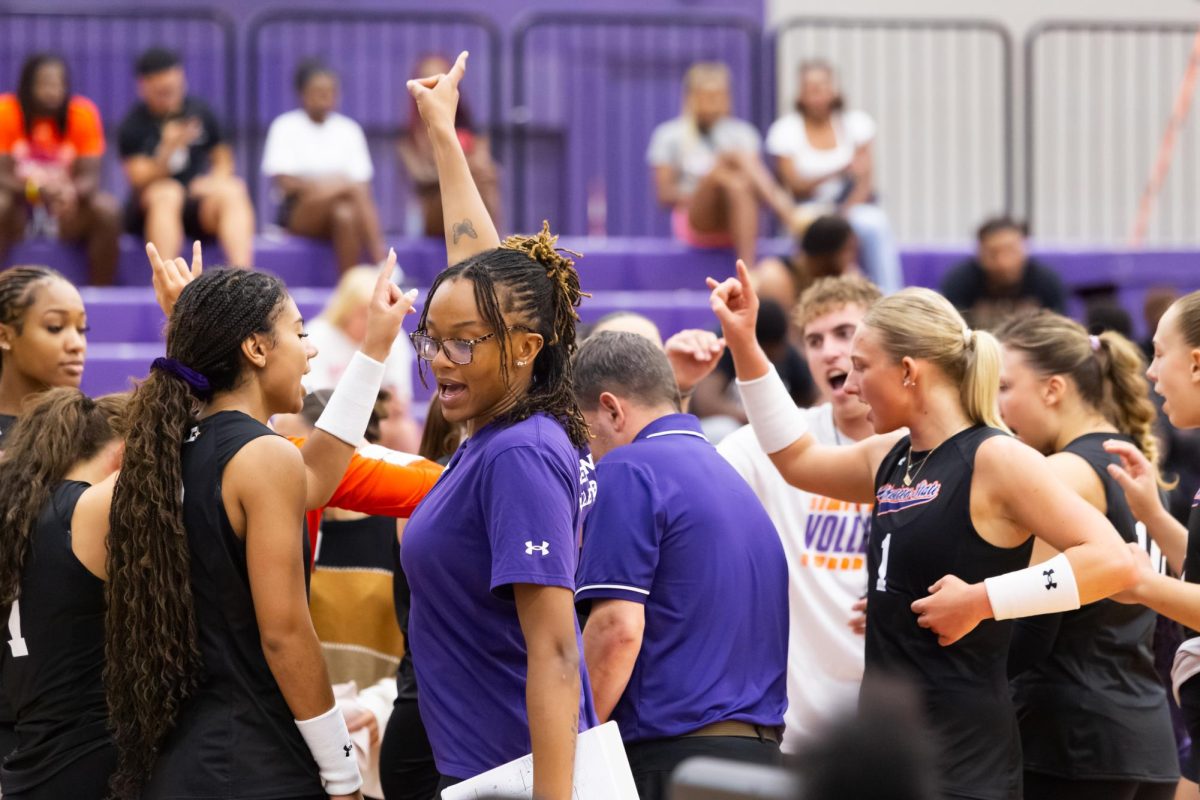A four-year legal battle between a former instructor and the Louisiana School for Math, Science and the Arts has ended with a $170,000 settlement and sanctions against the school’s executive director for deleting text messages related to the case.
The lawsuit alleged that a colleague sexually harassed Justin Barker and that school officials created a hostile work environment and discriminated against her based on her gender or sexual orientation before wrongfully terminating her. Although the case never went to trial, the court proceedings detailed the alleged harassment Barker faced and also revealed several other misconduct complaints at the Natchitoches school.
The lawsuit was quietly settled last summer, according to documents obtained by The Current Sauce.
Barker, in an interview, explained that she had the students’ well-being in mind while filing the lawsuit. The hardest part about her departure from LSMSA, she said, was not being able to tell the students why she had to leave.
“Probably for the first year and a half, it was hard for me to talk about having to leave and not being able to properly say goodbye to my students or have any closure,” Barker said.
Court records show that Steve Horton, the school’s executive director, deleted text messages in which he instructed LSMSA employees on how to testify in depositions related to the case. Horton did not answer detailed questions about the case from The Current Sauce.
“While LSMSA cannot comment on any issues regarding personnel or students due to confidentiality policies, I can say that LSMSA is committed to maintaining a healthy, safe, and secure environment for our students, faculty, and staff,” Horton wrote in an emailed statement. “The school enforces all state policies and laws prohibiting all forms of sex discrimination, including sexual harassment misconduct.”
Barker began working at LSMSA in 2017 and became friends that year with Kristina Key, the school’s director of academic services at the time. The friendship between Barker and Key would blur the lines of professionalism, according to the lawsuit, with Barker alleging Key began harassing her.
Their friendship began like any work-colleague relationship. Barker sought mentorship from Key, and they began to talk outside of work hours, sometimes exchanging messages late into the night. As their friendship progressed, Key would give gifts to Barker and invite her to watch movies and go on trips.
“In addition to the constant messaging on multiple mediums, Dr. Key would suggest we take trips together, make me food (telling me at one point that’s how she showed she cared), and give me notes and gifts, including a magnet with a uterus drawn on it,” Barker said in a court filing.
Key testified during her deposition that the magnet referred to an inside joke she had with friends at her previous employment. “These are previous relationships, friendships, and we joked among ourselves that we needed a bat signal when it was time to go for tacos,” court records state.
Barker added in court responses that the affection Key showed for her was not shown to other colleagues. During an exchange with another colleague, Barker stated, “As we were talking, Dr. Key, who was standing to my left, reached around and started to play with or fix my collar. She just kept fiddling with it, and I started to become uncomfortable until she pulled her hand away.”
But nearing the end of 2018, their communication would change. The attentive friendship between the two abruptly halted. “I had become increasingly more uncomfortable and worried about how Dr. Key’s behaviors and interactions would affect my job, so I sent a text message to Dr. Key asking about personal boundaries. Dr. Key’s only reply was ‘I have decided to deliberately try not to dish with you about colleagues,’” Barker said in a court filing.
By 2019, Key and Barker had a falling-out, and it became increasingly difficult for them to work together. This led to the end of their communication and dueling complaints aimed at resolving the issue.
Along with this grievance, Barker also handed LSMSA’s investigators a voluminous 400-page binder of evidence that contained screenshots of her communications with Key, including emails, text messages, Google chat, Instagram direct messages and Facebook Messenger since the beginning of Barker’s employment.
Much of the case turned on a “mediation letter” Barker received from the school and a disagreement over what that meant.
This agreement prohibited Barker from having any direct contact with Key.
Barker testified she signed the mediation agreement, thinking that was the only option she had.
Key filed her own complaint against Barker, saying in her formal grievance to LSMSA that Barker had paid close attention to her movements on campus. She also recommended Barker’s contract not be renewed. As director of academic services, Key explained in her deposition that she is in charge of meeting with department heads to discuss the renewability of faculty each year. Unlike administrators at the school, every other employee is issued a notice of renewal or non-renewal to their contract annually by Horton.
Horton and Sheila Kidd, LSMSA’s human resources officer, would ultimately determine it was Barker who created a hostile work environment for Key. They also alleged that Barker violated confidentiality during the LSMSA complaint process, which was the reason given for her non-renewal.
Key, who continues to work at LSMSA as an instructor of English, did not respond in time for this story’s deadline.
Barker knew going up against a prestigious residential school for talented high school students would not be easy, which is why she turned to two LSMSA alumni to represent her in court.
“I knew that if I were to get anywhere … I would have to have an alum – at least one alum – in my corner,” Barker said.
The lawsuit was filed in December 2021 by attorneys Donald Hodge and Brandy Mai, both LSMSA alumni, and Joseph Stevens.
“I love the Louisiana School. It fundamentally changed my life for the better,” Mai said in an interview. “We want the legacy to keep going.”
Mai, a 1998 LSMSA graduate, remembers how the school was a safe space for everyone, but added she was disturbed by Barker’s case, “where everything just systematically kept getting thrown under the rug.”
“The Louisiana School was a place where you could be who you were,” she said.
The depositions became a key component to the case, leading to sanctions against LSMSA. During the depositions, Hodge and Mai questioned Kidd, Key, Horton and John Allen, LSMSA’s chief of staff at the time, about how Barker was treated by school officials.
Allen left the school after the lawsuit, but is still an instructor at the school. The Current Sauce reached out to him for comment, but he declined.
Horton, who was present in all of his employees’ depositions, was exchanging messages with Allen and Key in real time, according to court records. The next day, Hodge requested the retrieval of those messages, court records show, but Horton had deleted his previous conversations from that day. Horton stated in court documents that he routinely deletes his text messages and had deleted the first day of depositions texts before Barker’s lawyers asked to preserve them.
This led Barker’s lawyers to file a motion for sanctions – a penalty for violating court rules – after they requested Horton’s text messages to his employees, but received only one conversation. In the text messages that were provided, Horton and Allen discuss questions being asked during the depositions.
The judge ruled that the deleted texts would have shown Horton instructing LSMSA employees how to testify.
Hodge, Barker’s lead attorney, said he wants to see LSMSA administration held accountable. “I still believe LSMSA’s best days are ahead. But that future cannot be built on a foundation of silence and complicity,” he added. “LSMSA deserves leadership that reflects the very ideals it was founded to uphold.”

